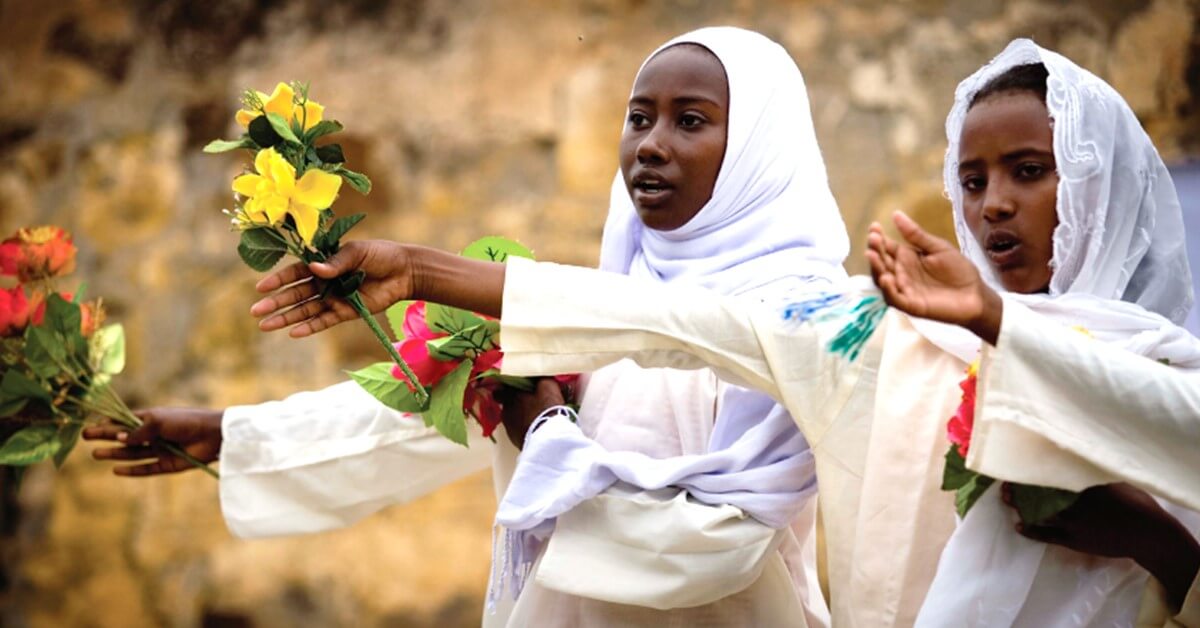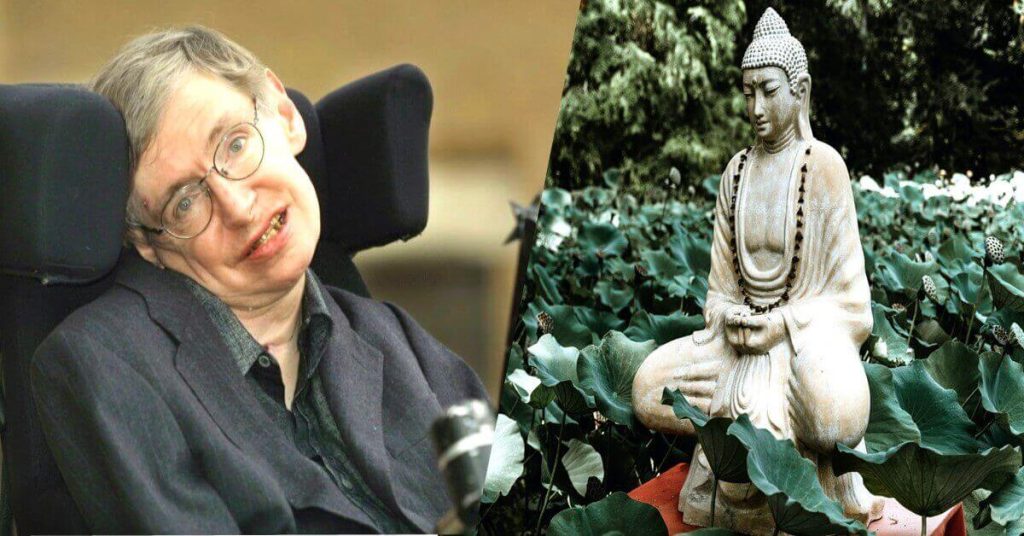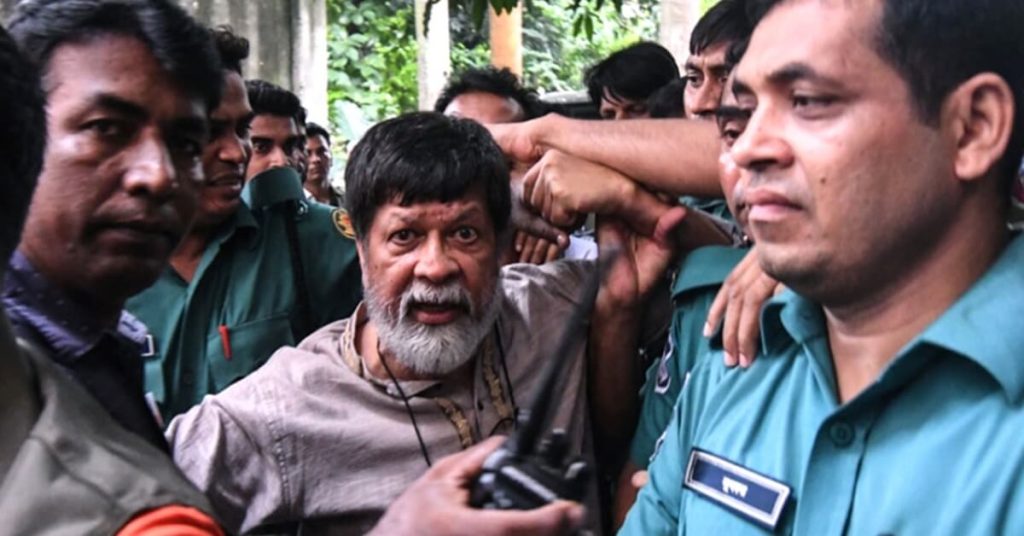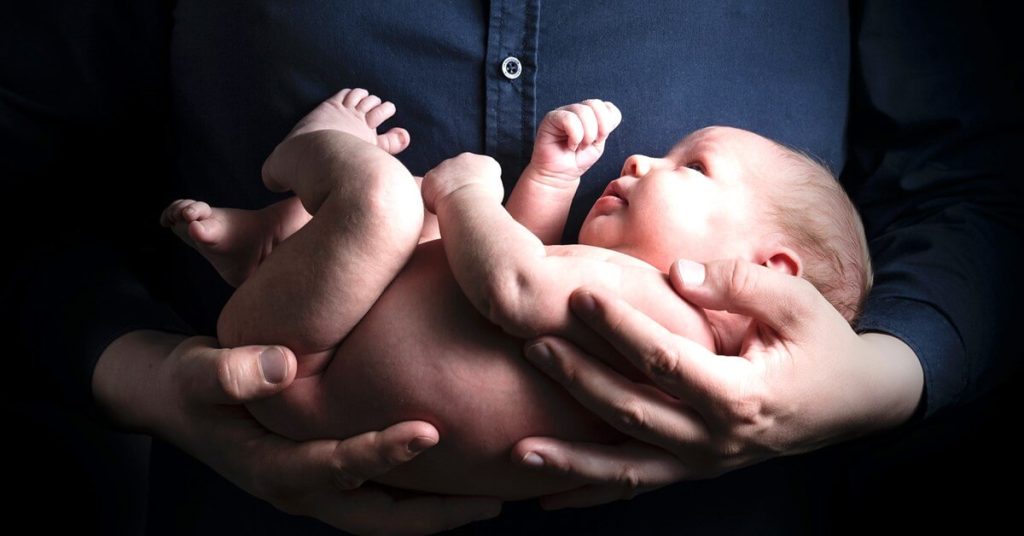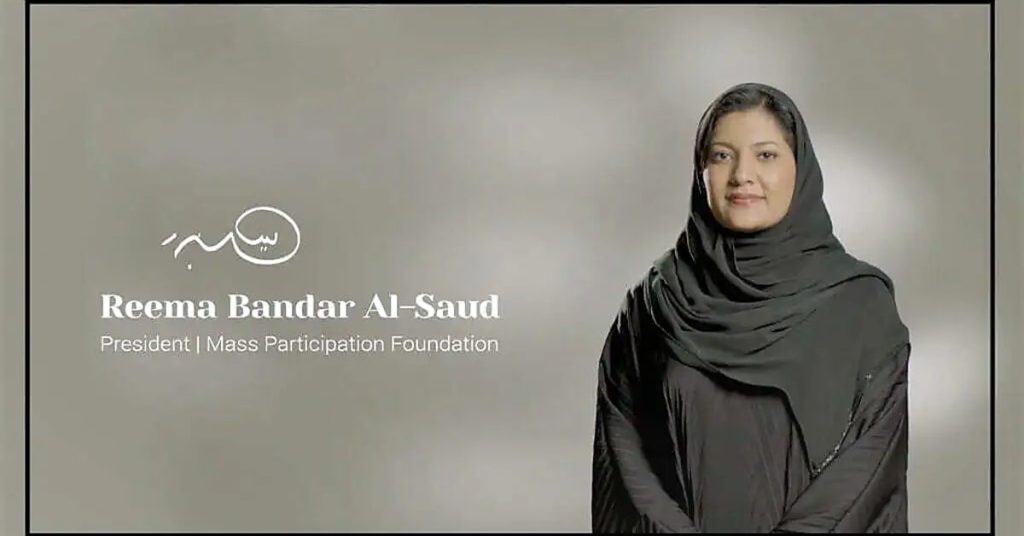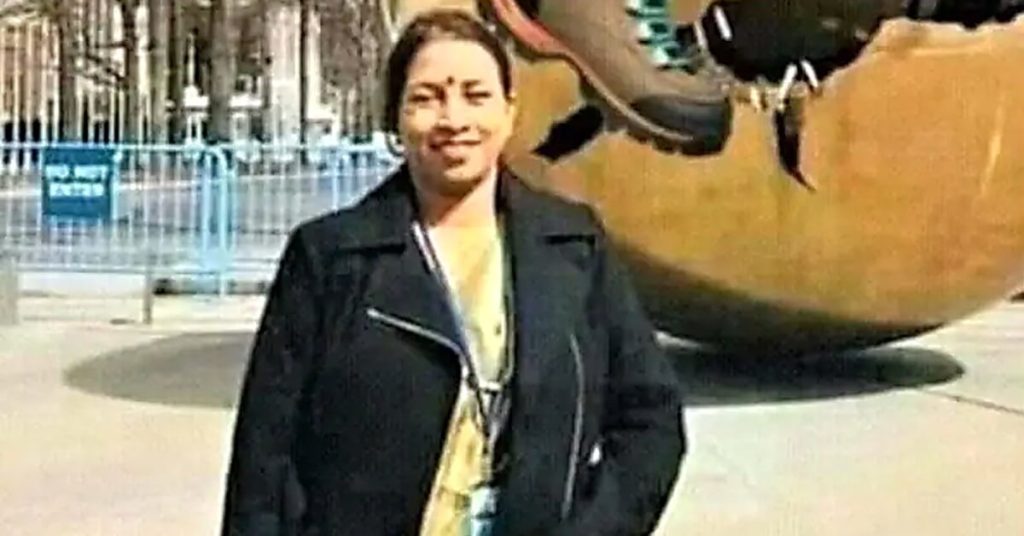Last updated on October 31st, 2023 at 04:20 pm
Female genital mutilation is alarmingly high in the Dogong community where the social cohesion is at an excellent level. The community’s rare opportunity of having plenty of water in Bandiagara escarpment in the Dogong community in Mali opens up the moment of beautiful human camaraderie like the one in the video.
A spectacle like this is a stark reminder to the people of the planet Earth about how Mother Nature is capable of providing natural providence even in a harsh geological setting where most of the essential elements to survival are scarce, and an emphasis to self-governance of community in which none is left to feel ‘enslaved’, deprived or dominated by a quarter of dominant figures.
The people of the Dogong community, which is well-known for their strong zeal for their own culture and religion perform, the annual Fishing Festival is a long-standing tradition. These tradition-oriented people still have their oral culture survived. French anthropologist Marcel Gieule, who lived in the community for fifteen years, said that their religious belief is taught by a blind Dogong leader, Ogotemmeli. Giaule was taught the Dogong religion exactly the way Ogotemmeli learnt from his ancestors.
Perception of female genital mutilation (FGM)
According to the Dugong religion, human beings are born in the ‘twin-birth’, meaning in men there exists a female soul as well as in a woman exists a male soul. This theory of ‘double-sex birth’ compels a human being to attain a ‘single-sexed’ state to be identified as male or female. Without singling out the sex identity one is simply known as a ‘hermaphrodite’ in the outer world.
As the dual soul is harmful to the human being, the community considers the female clitoris as male and male penile foreskin as female part dual-soul which are to be removed by circumcision. Through circumcision, the Dogong people obtain their rightful male or female identity.
Even though female circumcision is familiar as ‘female genital mutilation or (FGM) in most parts of the world, such as researchers under the title Survey of Women’s Opinion on Female Genital Mutilation (FGM) in Southwest Nigeria: Study of Patients Attending Antenatal Clinic, found that of 40% respondents 14% still support FGM, 80% of women Dhawdibhora Muslims in India still suffer it. According World Health Organisation survey of 200 million girls and women in 3o countries in the world have been subjected to the practice.
Scenario
According to UNICEF’s Female Genital Mutilation/Cutting 2018 in 29 countries, there are 125 million girls and women undergone FGM/C. With 29 and 23 million-plus victims, Egypt and Ethiopia remain on top.
UNICEF says, “Female genital mutilation, also known as ‘female genital cutting’ or ‘female circumcision’, refers to “all procedures involving partial or total removal of the female external genitalia or other injuries to the female genital organs for non-medical reasons.
Of the four types of FGM, FGM1 is a medical processor of removing the prepuce or clitoris or both at the same time; FGM2 is removing the clitoris and labia minora, and while FGM3 is the removal of entire external female genitalia parts with stitching or narrowing the virginal opening.
Type 4 is other harmful procedures to the female genitalia for non-medical purposes, for example, pricking, piercing, incising, scraping and cauterization. Pricking or nicking involves cutting to draw blood, but no removal of tissue and no permanent alteration of the external genitalia. This is sometimes called ‘symbolic circumcision’, and some communities have described it as a traditional form of FGM/C.
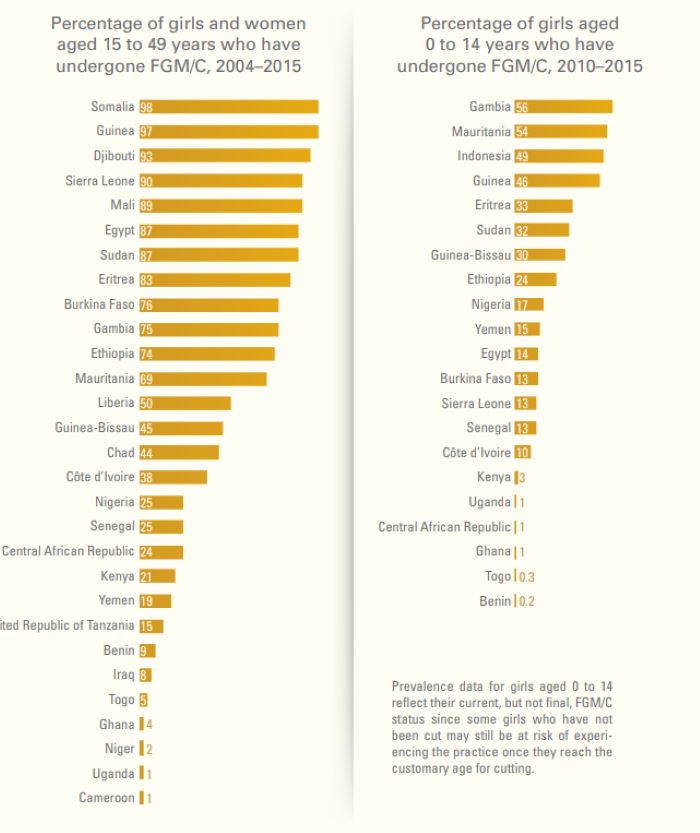
FGM is a global issue of human rights violation that is still being practised to control female animal desire. For the so-called sexual pleasure of men and protecting virginity for men. Most types of FGM/C involve the cutting and removal of portions of the female genitalia which was recognised as a human rights violation at the 1993 World Conference on Human Rights in Vienna.
Amazing woman of Saudi Arabi: Princess Reema
After having been circumcised by a blacksmith the boys have to stay in a distant hut unlit the wound is healed, and the newly circumcised boys have to walk naked for a month or in order to get admired for their achievement by the community people.
The act of separation of the second sex from human beings in order to turn them into a solitary state of sex or ‘single-sex’ the Donong people perform male and female circumcision.
Most of the people of the community today practice Islam and Christianity.
Thousands of competitors to catch fish gather at Lake Antogo where people of the community catch fish alongside. Finding a lucky spot is a prerequisite to luck with fish. These people are so loyal to their etiquette and respectful to their elders that they do not need any written rules to control their impulses. Amid intense and long wait the people perform a symbolic last supper. No anger, envy, and hostility were observed.
This cooperative and controlled code of conduct of one of the most lagged-behind communities in the world is also the community that tells us that having an umpteenth number of laws and regulations is indeed a mockery for the weak in the emerging Westernised parts of the world where power and powerful takes all.
